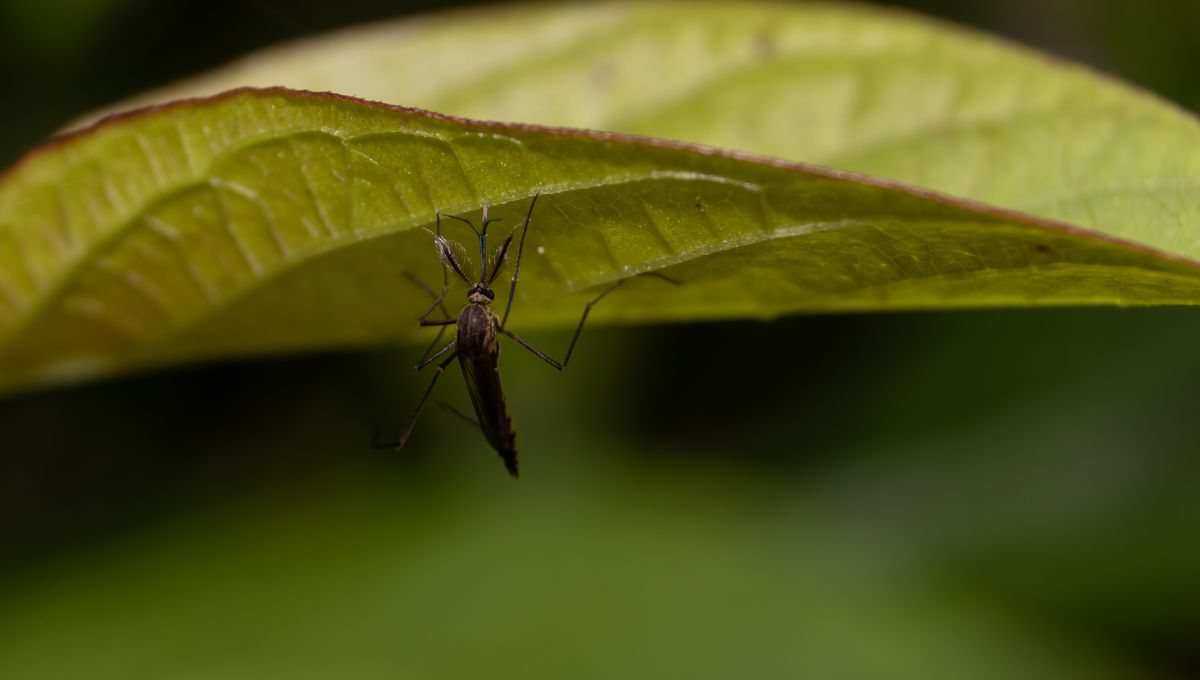
Brazil’s Ministry of Health has just confirmed the deaths of two women as a result of Oropouche fever, a viral illness that is spread by midge and mosquito bites. While over 7,000 cases of the infection have been reported in the country in 2024 alone, these are the world’s first recorded deaths.
What is Oropouche fever?
Oropouche fever is caused by the Oropouche orthobunyavirus. It was first isolated in 1955 near the Oropouche River on the island of Trinidad, from which it got its name. Since then, there have been numerous outbreaks recorded across Central and South America and the Caribbean.
Earlier this year, the Pan American Health Organization (PAHO) issued an epidemiological alert after increased case numbers were detected in Brazil, Bolivia, Peru, and Colombia. Cuba also reported its first-ever outbreak of Oropouche virus on May 27, 2024.
Over 7,700 cases have been recorded in these five countries in 2024.
How is Oropouche fever spread?
Oropouche is transmitted via the bites of tiny flies commonly known as midges (Culicoides paraensis) and by a species of mosquito called Culex quinquefasciatus, perhaps better known for its role in spreading West Nile virus in some regions.
Recently, there have also been a handful of reports of possible vertical transmission – from mother to child – of Oropouche virus in Brazil, leading PAHO to issue an alert to all of its member states to be on the lookout for similar cases.
What are the symptoms of Oropouche fever?
Oropouche fever is generally a self-limiting disease, with the acute illness lasting around a week. However, even after you start feeling better, your symptoms may recur for up to two weeks.
These symptoms generally include fever, muscle and joint pain, nausea, headaches, dizziness, and light aversion – it’s quite similar to dengue. Rarely, severe cases can cause meningitis.
There are no specific medicines or vaccines for Oropouche fever, so treatment focuses on relieving the symptoms.
What do we know about the recent deaths in Brazil?
Oropouche was not previously considered a fatal disease, but The Ministry of Health in Brazil reported in a statement on July 25 that two women from the state of Bahia had died from the infection. AFP reports that these represent the world’s first recorded deaths from the infection.
According to the statement, the women were both under the age of 30 and had no other health conditions, but both had symptoms that resembled severe dengue – a disease that had caused just over 2,000 deaths in the country between January and May 2024.
At the time of writing, a further possible death was under investigation in Santa Catarina, while Oropouche fever was ruled out as the cause of a death in Maranhão state.
The Ministry of Health confirmed that surveillance of Oropouche virus in Brazil was being coordinated at the national level, after the introduction of country-wide diagnostic testing in 2023. It said that most cases so far this year have been recorded in the states of Amazonas and Rondônia.
Should we be concerned?
The Centers for Disease Control and Prevention (CDC) in the US has issued a Level 1 travel notice regarding the outbreaks of Oropouche fever in the Americas. This is the lowest level and recommends that travelers to the region “practice usual precautions” to avoid insect bites, and to seek medical attention if they develop any symptoms that could indicate an infection, including once they have returned home.
Oropouche fever can easily be mistaken for dengue, which is endemic in many countries around the world and has seen increased cases in some regions this year. While many cases of dengue are mild, it’s important to watch for signs that the disease is getting worse, as severe dengue should be considered a medical emergency.
“Death from Oropouche is extremely rare,” PAHO experts said in a Q&A on the situation. For most people traveling to or living in a region where there is Oropouche transmission, the risk of serious disease remains low, but the symptoms of Oropouche fever can still be unpleasant. Sensible precautions around preventing mosquito and midge bites should still be taken, such as using suitable insect repellents and wearing long, loose clothing.
The content of this article is not intended to be a substitute for professional medical advice, diagnosis, or treatment. Always seek the advice of qualified health providers with questions you may have regarding medical conditions.
Source Link: Brazil Reports World’s First Deaths From Oropouche Fever – Here's What To Know